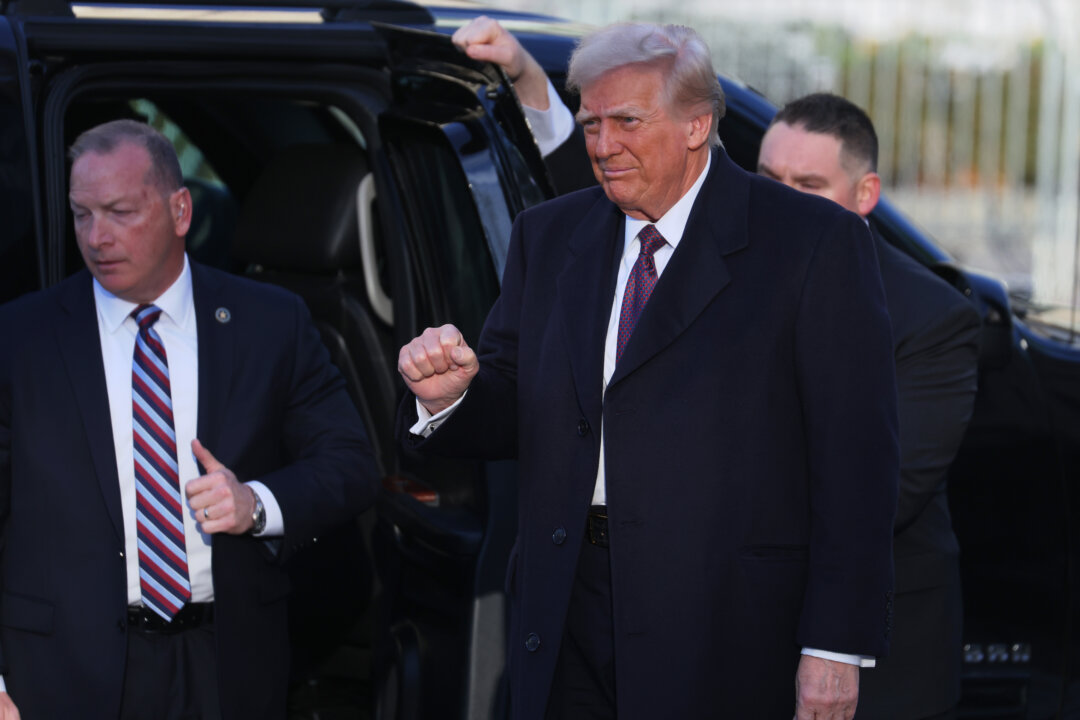President-elect Donald Trump is expected to issue a broad memo on trade policy.
President-elect Donald Trump will not impose new tariffs on day one of his new term in office. Instead, he will sign a memorandum directing federal agencies to investigate unfair trade practices by foreign countries and recommend associated trade policies.
The memo singles out China for a review of its compliance with the 2020 Phase One trade deal and includes an assessment of the U.S.–Mexico–Canada Agreement trade pact, which is up for renewal in 2026, according to The Wall Street Journal.
Previously, Trump has repeatedly said he would impose 10 percent additional tariffs on all goods imported from China and 25 percent on those from Canada and Mexico.
The trade policy memo is one of Trump’s many executive actions expected on day one.
He is also expected to declare a national energy emergency and issue an executive order enabling drilling in Alaska. At a press conference in the morning, an incoming White House official said the emergency declaration is justified because the current high energy costs are unnecessary and impede the United States from competing with China in the artificial intelligence race, which is crucial for America to remain the global leader.
During Trump’s first term, the president used various laws to impose tariffs.
He invoked Section 301 of the Trade Act of 1974, which gives the president the authority to impose tariffs to address unfair foreign practices affecting the U.S. economy. After a review by the Office of the U.S. Trade Representative, he imposed tariffs on Chinese imports worth approximately $300 billion annually. The Biden administration kept all the duties and added more last year following the Office of the United States Trade Representative’s statutory four-year review.
In March 2018, Trump used Section 232 of the Trade Expansion Act of 1962 to impose a 25 percent tariff on steel and a 10 percent levy on aluminum from all countries except Canada and Mexico. The law allows the president to impose tariffs if the Commerce Department determines that certain imports harm U.S. national security.
In October 2021, President Joe Biden reached an agreement with the European Union and the United Kingdom to replace tariffs with quotas in return for lifting the retaliatory tariffs on U.S. exports.
The Biden administration collected $77 billion in tariff revenue in fiscal year 2024, which ended in September 2024. This accounted for about 1.6 percent of total government income.

